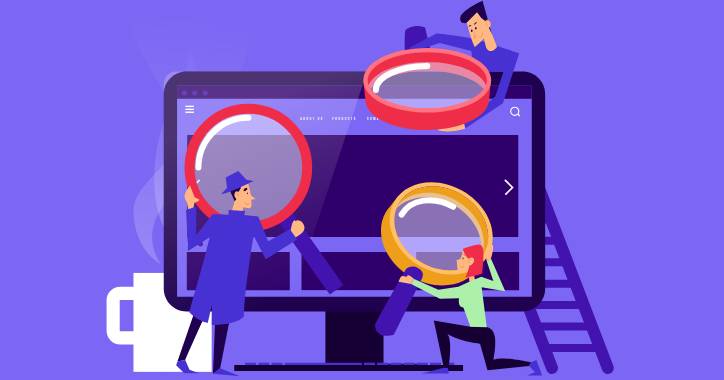
Short links are a tool for compressing long links and making them more shareable, but beware, many may not realize that using short links can lead to tracking their online activity. Although short links appear to be non-suspicious and give the possibility of hiding long web links, they actually act as bridges that allow tracking people and their browsing habits.
When you click on a short link, you go to the destination, which is the link specified by the user who created the short link, but before going to the destination (web address) the actual path takes a quick detour through a URL shortening service. But why are web links so long? It’s usually because the links include encrypted trackers, which are used to determine where the user clicked on the link, thus helping to evaluate the effectiveness of advertising campaigns.
What poses a threat to users’ privacy is that URL shorteners not only redirect users to the destination am.ddress. They also collect statistics about the user such as IP address, operating system, browser type, etc. This information is shared with advertisers, for example, and in some cases with the person who created the shortened link, and this happens without the explicit consent of the user before collecting this data about theddress. They also collect statistics about the user such as IP address, operating system, browser type, etc. This information is shared with advertisers, for example, and in some cases with the person who created the shortened link, and this happens without the explicit consent of the user before collecting this data about them.
In addition to threatening privacy, short links can threaten the security of devices and data, as you never know where you will be taken after clicking on the short link, as hackers use short links in phishing and other attacks, to exploit security vulnerabilities in browsers and operating systems to hack them, or in other cases to divert the user to fake pages that look like Facebook, for example, to obtain the user’s login credentials.
There are also unscrupulous link shortening service providers, through which they monitor the actions of the user who clicked on the link by establishing a communication node between him and the actual site in order to obtain any information related to him, such as credentials and others.
How can we avoid the danger of short links?
Before clicking on a short link, we recommend detecting its destination through services such as unshorten.it, which does the work for you by revealing the real destination of the short link. If the real destination looks suspicious (the shortened link), it can be detected if it contains malware via the link detection service virustotal.com. Before entering any information on a website, you should first verify its reliability before providing any personal data that could jeopardize your digital safety. If it falls into the wrong hands.



